Responsibility to experiment in uncertainty
Too many of us, self proclaimed professionals of change, promote our services with a certainty that becomes a fallacy when we dare to look at the tipping point all the signs indicate is approaching: climate change, mass migrations, biodiversity loss, lack of clean water, threat of nuclear war …
Any direction that the future tips towards, will have consequences for humanity, the planet and life itself. Also for the «scales of system» at which most of us direct our services as change practitioners: organisations, teams and individuals.
In the belief that everything is interconnected and interdependent, any intervention at any scale of system will also influence the future tipping in one or other direction.
And therein lies our responsibility: to introduce early in any change assignment – organisational, team or individual – the question of how the desired change will influence, however imperceptibly, the direction in which other scales of system will tip.
When we do this we will cease to be so certain. We will see that we are experimenting. That most experiments fall short.
Some experiments fail because of our personal limitations (ego ambitions, lack of existential depth or of spiritual height,…), our life-style limitations (mortgages, personal economy, social expectations, …). Others fail because of our professional limitations (we just don’t know how to). Still others because we experiment in contexts where there is no awareness of what’s coming (e.g. extractive industries), others because, despite the awareness existing in the context in which we operate, the solutions demanded are more of the same, albeit whitewashed or greenwashed (e. g. the myth of sustainable growth).
The failure of our experiments and our uncertainty doesn’t relieve us from our responsibility to continue experimenting.
During the pandemics I had the time to do some homework regarding how to downscale my ego and life-style ambitions. Some success there, and many setbacks. This will be is a never ending work-in-progress.
I had also the time to «format» my 30+ years of experience into seven Modules to design large scale organisational change, that can be combined in ad-hoc designs for each specific situation.
- Communities of Practice
- Task Forces
- Think Tank
- Strategic Entanglement
- Real Time and Large Scale organisational prototyping
- Executive Coaching for leaders of Change
- Train-in-Change
All Modules have been tested in different combinations with several large companies and organisations, but never all of them in the same organization.
I don’t offer certainties, but 30+ years of experience working with a task-oriented approach to strategic change, aiming to bring the desired future to the organization.
The photo is from Coll de Jou, a mountain pass above the Sanctuary I withdraw to twice a year, for disconnected and silent retreats. The Sanctuary is down there, lost in the clouds. Would you go into the fog not seeing the path, guided by just the knowledge that somewhere down there is something you long for?

